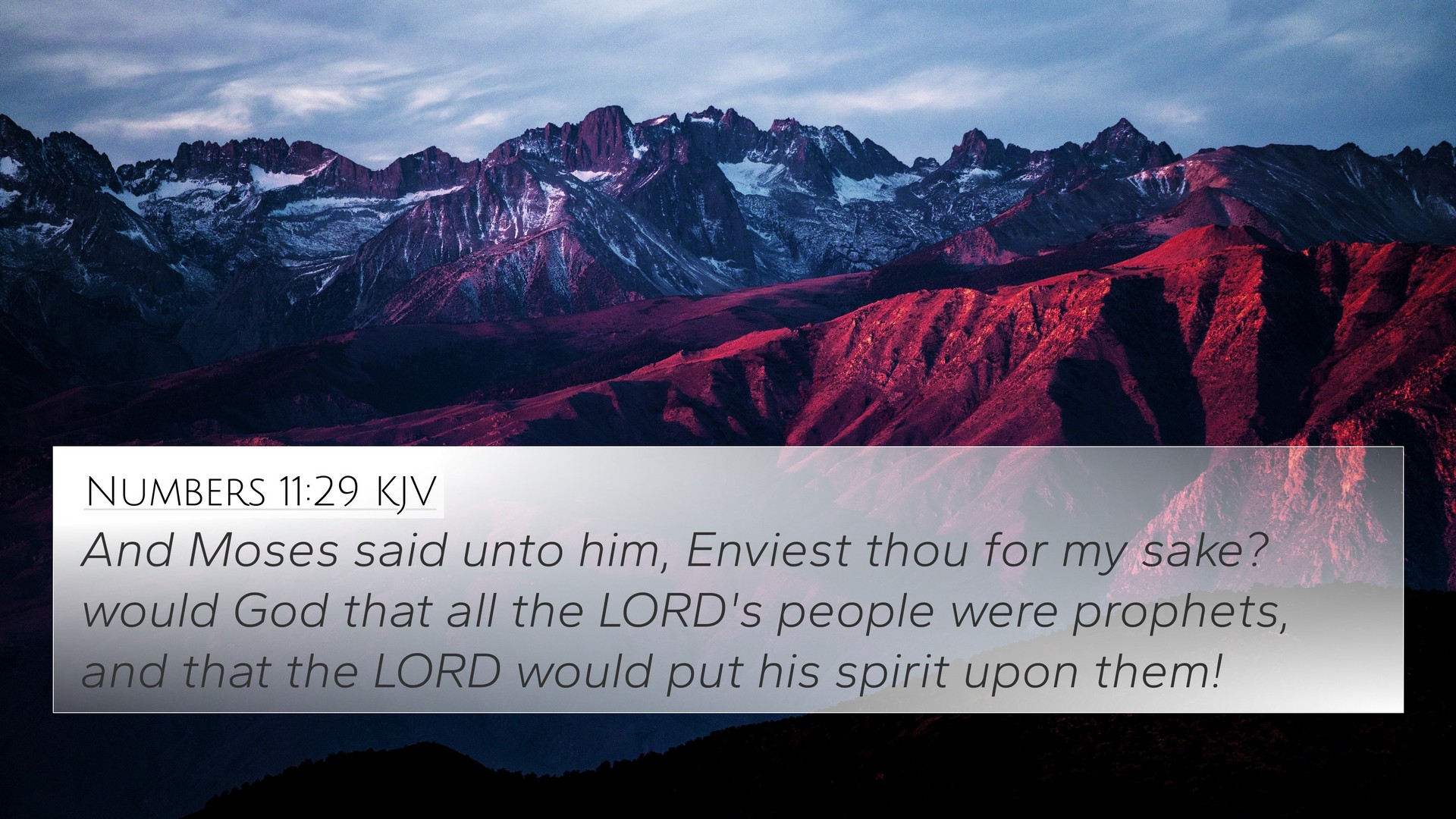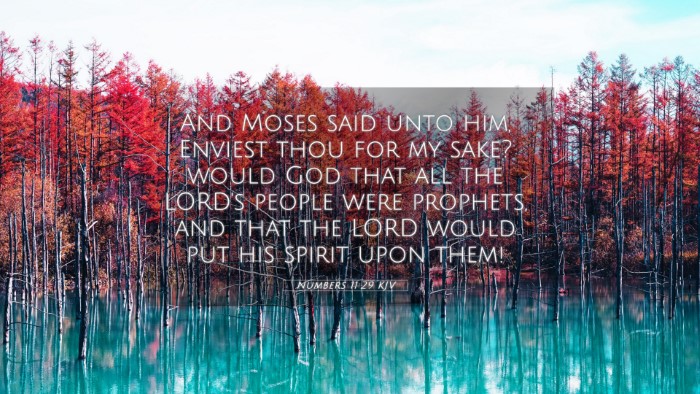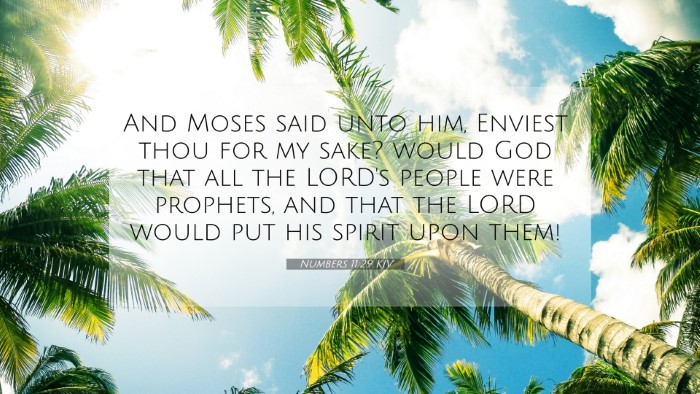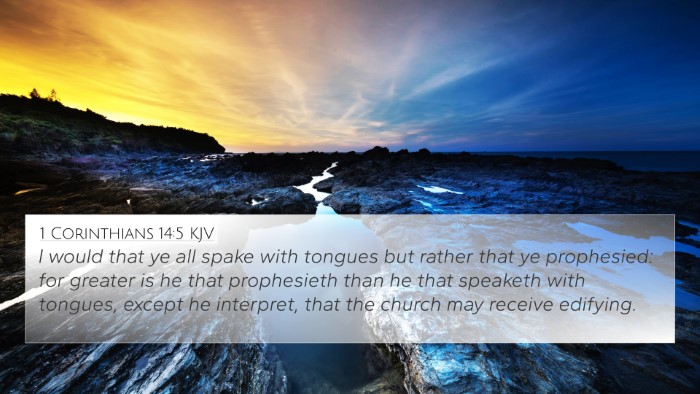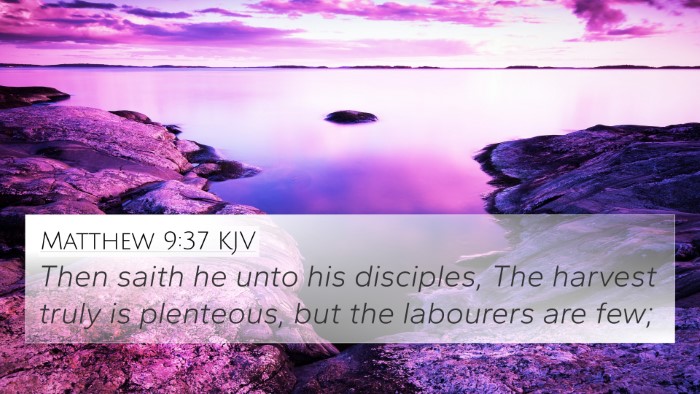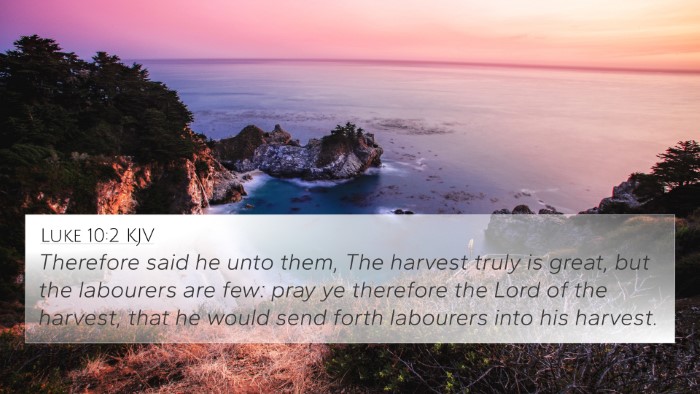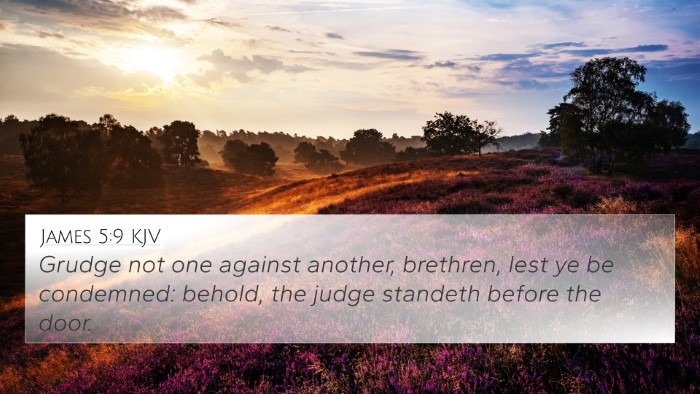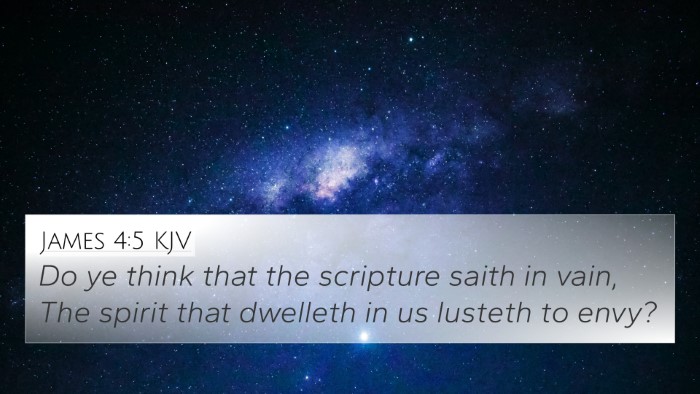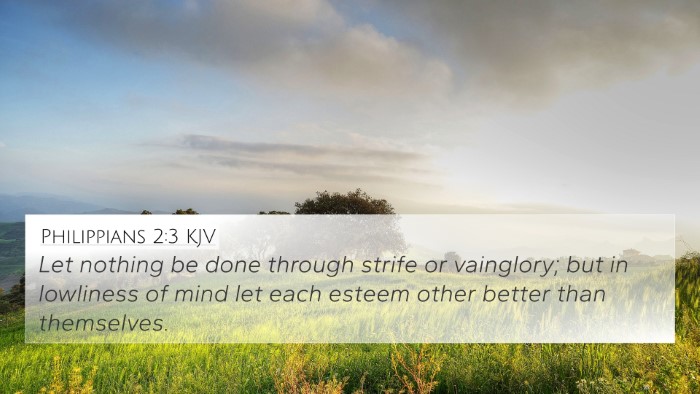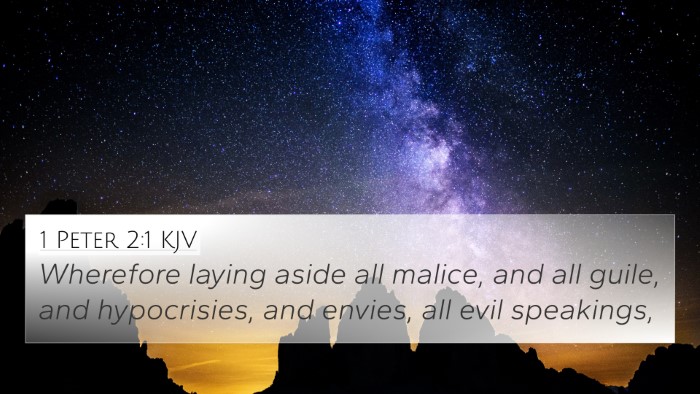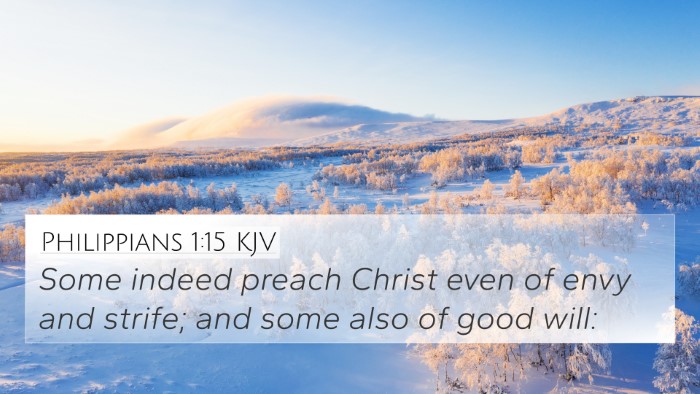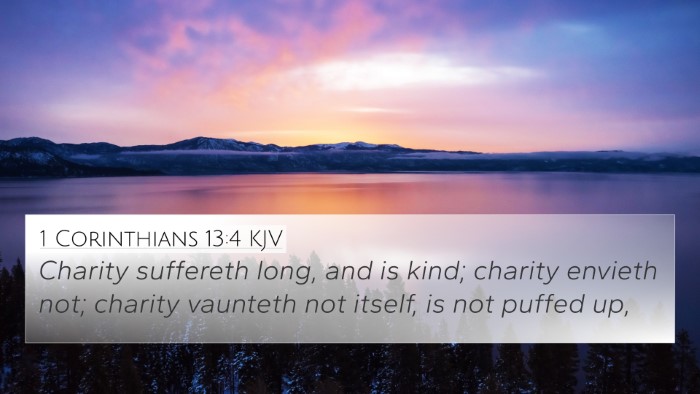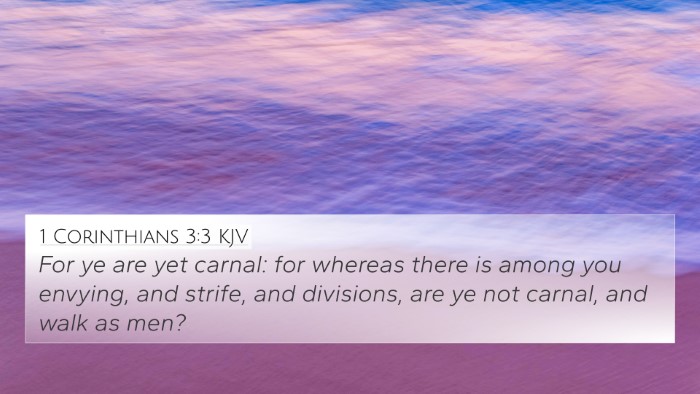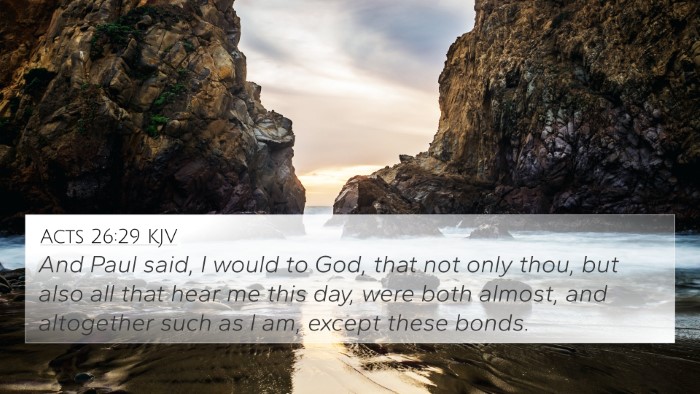Understanding Numbers 11:29
Numbers 11:29 is a pivotal verse that reveals profound truths about prophetic ministry and the Spirit of God. In this verse, Moses expresses envy not for his authority, but for the Spirit that has been given to others.
Verse Context
In Numbers 11, the Israelites are complaining about their hardships, and Moses is overwhelmed with their demands. God appoints seventy elders to assist Moses by sharing the burden of leadership. During this event, the Spirit rests upon these elders, and they prophesy, which leads to a reaction from Joshua, Moses' assistant.
Commentary Insights
This section combines insights from historical public domain commentaries by Matthew Henry, Albert Barnes, and Adam Clarke to provide a holistic understanding of the verse.
Matthew Henry:
Henry emphasizes that Moses’ desire is indicative of humility and a longing for others to experience God’s Spirit. He points out how this reveals God’s design to empower many, not just a few, for spiritual leadership and prophetic acts. This signifies a shift from the traditional view of singular prophetic authority to a more communal approach.
Albert Barnes:
Barnes highlights that Moses speaks for the people’s need for the Spirit. His response illustrates a recognition that God’s power is not limited and can be shared. By wishing for all to prophesy, Moses shows an understanding of the purpose of divine empowerment, which is not exclusive but accessible to all who seek it.
Adam Clarke:
Clarke notes that this verse is foundational in understanding the nature of God’s Spirit and its function in leading and guiding His people. He underscores the importance of the context of shared leadership and how the spreading of God’s Spirit among many can benefit the community, thus reinforcing collective ministry.
Key Themes and Applications
- Divine Empowerment: The sharing of the Spirit highlights God’s desire for empowerment across His community.
- Humility in Leadership: Moses’ yearning for others to experience prophecy reflects a selfless leadership style focused on communal welfare.
- Community in Prophecy: This event signifies the importance of having multiple voices proclaiming God’s message.
Cross-References
Understanding Numbers 11:29 is enriched by looking at cross-references that relate to this theme:
- Joel 2:28-29: Promises that God will pour out His Spirit on all people.
- Acts 2:17-18: Peter’s sermon during Pentecost citing Joel's prophecy of God pouring out His Spirit.
- 1 Corinthians 12:4-11: Discusses the diversity of spiritual gifts given to all for the common good.
- Ephesians 4:11-12: The equipping of the saints for the work of the ministry.
- Romans 12:6-8: The various gifts of the Spirit and their roles within the body of Christ.
- Numbers 16:17: The desire for all leaders to engage in prophetic ministry.
- 1 Samuel 10:6: The Spirit of the Lord will come upon you, indicating shared empowerment.
- John 3:34: Jesus, filled with the Spirit, signifies the model for others.
- 1 Peter 4:10: Each person should use whatever gift they have received to serve others.
- Hebrews 2:4: God also testified to this by signs, wonders, and various miracles and gifts of the Holy Spirit.
Thematic Connections
This verse invites readers to explore several thematic connections in Scripture:
- Linking Prophecy and Leadership: How leadership is empowered by the Spirit across both Old and New Testaments.
- Unity in Spiritual Gifts: Building a community that utilizes diverse gifts for the common good reflects the early church ideals.
- Covenantal Relationships: This verse highlights God’s covenant to empower His people through His Spirit.
Conclusion
Numbers 11:29 serves as a profound reminder of the nature of God’s Spirit and His inclusive agenda for spiritual empowerment. By utilizing cross-referencing tools and understanding the relational links between various Bible verses, believers can gain a richer context and deeper insight into the scriptures. Through comparative Bible verse analysis and inter-Biblical dialogue, we grasp the broader theological implications that speak into modern church life.
In summary, the call for collective prophecy and leadership in Numbers 11:29 is a powerful encouragement for all believers to actively seek and utilize the gifts bestowed upon them for the edification of the church and the glory of God.
